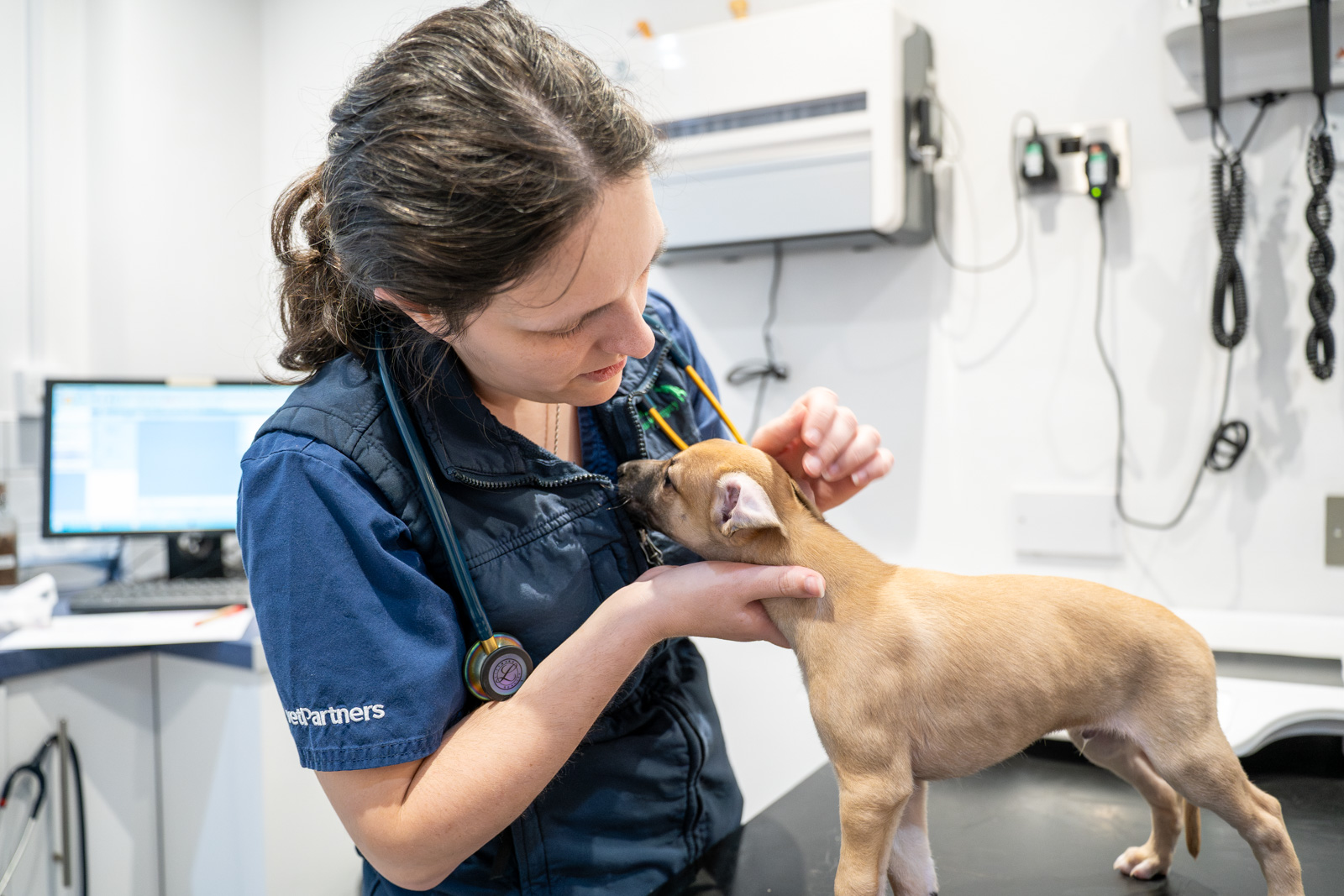What is Alabama Rot?
Alabama Rot, otherwise known as cutaneous and renal glomerular vasculopathy (CRGV) is a disease that affects dogs which damages the blood vessels of the skin and kidneys. In the skin, this causes non-healing ulcers; in the kidneys, it can cause acute kidney failure.
Over 120 cases have been confirmed across the country to date but as yet, there is no known cause of CRGV. There are many investigations and research projects being carried out to find out what causes this disease. One recent theory is that a fish bacterium (Aeromonas hydrophila) may be involved, but this has not yet been confirmed.
It’s important to remember that even though this seems like a lot of cases, in relation to the 8 million or more dogs that are in the UK, this is actually a very low number so instances of CRGV are rare!
How can I prevent my dog from getting it?
Unfortunately, as we do not know the cause yet, it’s tricky to give advice about prevention. However, washing your dog once they have been for a muddy walk may help reduce the risk. There has been some advice to owners about avoiding certain areas or types of land but as the disease is across the country, this may not be helpful.
What should I look out for?
Initially open wounds or ulcers that won’t heal; these often appear superficial and minor on the paws and abdomen, but can be the early signs of Alabama Rot. Further development of the disease can cause an increased thirst and urination, then they may stop urinating, start to vomit, develop a “metallic” smelling breath, collapse and suffer seizures (fits).
If you think your dog may be showing signs of Alabama Rot, or if you have any
concerns about a wound or their health, please get in touch with us immediately!
Key signs to look out for
- Initially – Open wounds or ulcers that won’t heal on your dog’s limbs or abdomen
- Increased thirst
- Increased urination
- Vomiting
- Seizures (fits)
- Reduction in appetite & lethargy might also be seen
Further reading: https://www.alabama-rot.co.uk/
Help raise money for research here: https://www.arrf.co.uk/

